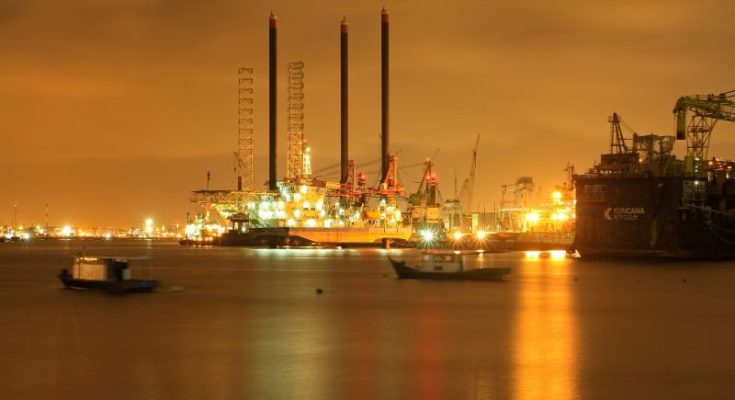#Strategic oil reserves# energy security# India crude imports# IEA
New Delhi/IBNS-CMEDIA: India is set to expand its strategic petroleum reserves with the proposed construction of three new facilities aimed at enhancing energy security and meeting international standards for emergency oil stockpiles.
The move, confirmed by L R Jain, CEO of Indian Strategic Petroleum Reserve Ltd (ISPRL), is part of India’s broader strategy to secure its crude supplies amid rising demand and increasing geopolitical uncertainty, Reuters reported.
India, the world’s third-largest importer and consumer of crude oil, depends on foreign sources for over 80 percent of its energy needs.
Recognising the risks associated with such high dependence, the government is commissioning Engineers India Ltd to conduct feasibility studies for the new reserve sites.
Jain said that these reserves would significantly strengthen the country’s preparedness in the event of supply disruptions, the report added.
The planned projects include a 5.2 to 5.3 million-tonne reserve in Bikaner, Rajasthan, to be developed in underground salt caverns, a 1.75 million-tonne expansion at Mangalore in Karnataka, and a new reserve in Bina, Madhya Pradesh, with its final capacity yet to be determined.
These additions will follow the standard approval route, requiring clearance from the federal cabinet after the studies are completed.
This proposed expansion comes on top of two already approved facilities — a 2.5 million-tonne reserve at Padur in Karnataka and a 4 million-tonne site at Chandikhol in Odisha — further consolidating India’s efforts to build a robust oil buffer.
Currently, India has three operational strategic reserves located in Mangalore, Padur, and Vizag, with a combined capacity of 5.33 million tonnes.
In recent years, India has also overhauled its strategic reserve policy to allow private sector participation, taking cues from countries like Japan and South Korea, said the report.
These nations permit international oil companies to lease storage capacity and trade crude under commercial terms, a model India has begun to adopt.
Jain emphasised that India’s goal is to reach 90 days of strategic reserves, in line with the requirements for membership in the International Energy Agency (IEA).
At present, India’s combined oil storage — including commercial stocks held by oil companies and in-transit supplies — is enough to meet domestic consumption for about 75 days.
Expanding its strategic reserve infrastructure would bridge the gap and move the country closer to IEA compliance, while also ensuring greater stability in fuel availability during global supply shocks.





